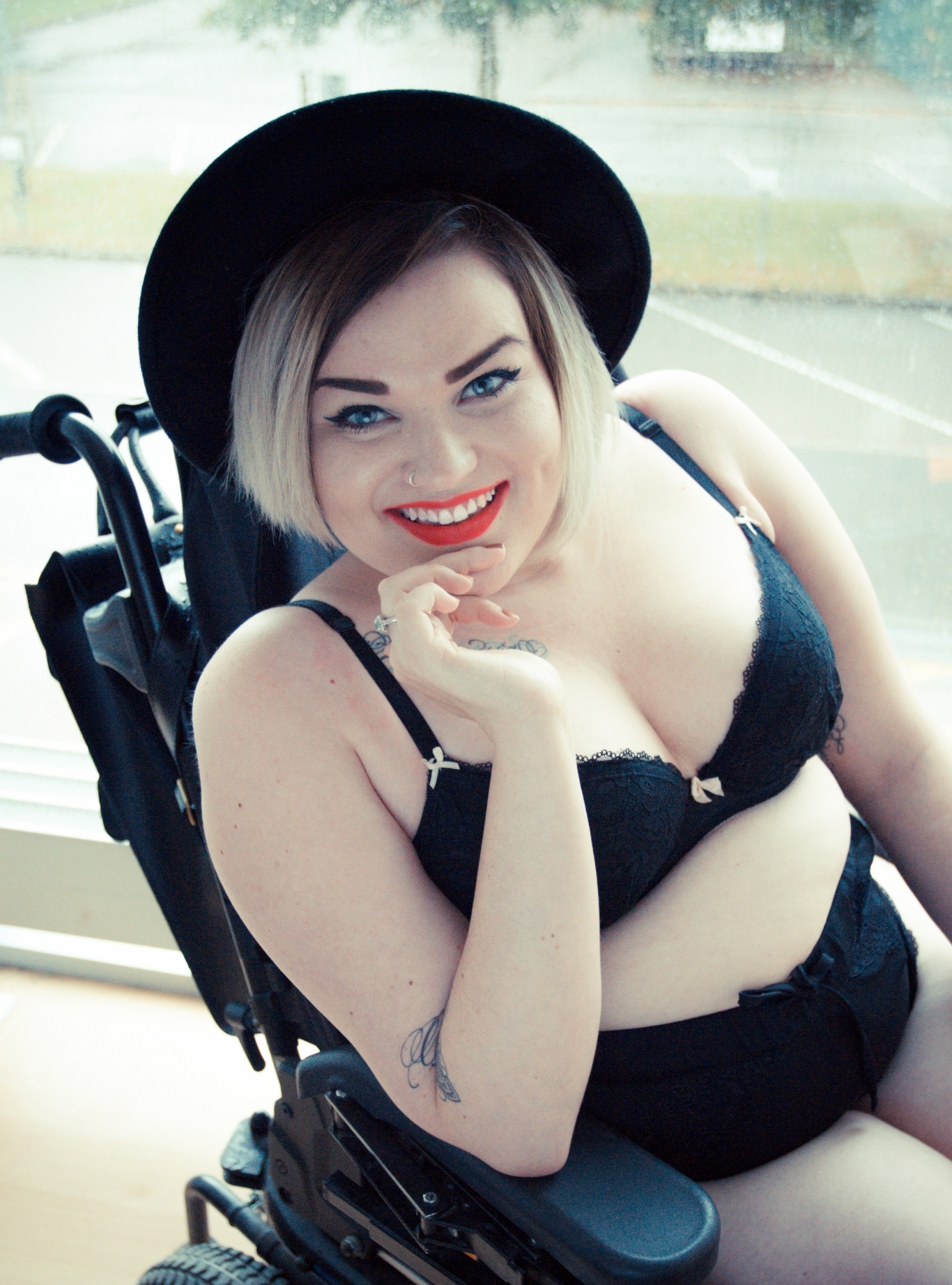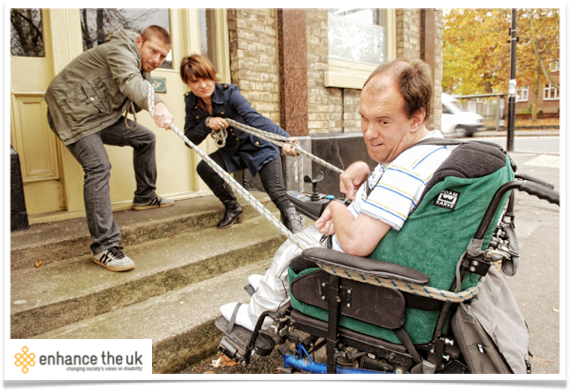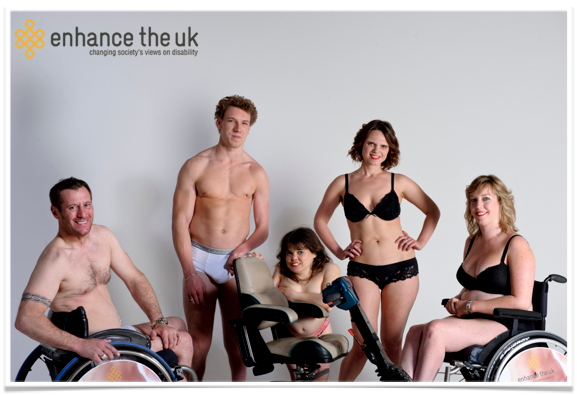It’s Stress Awareness Month which aims to highlight the effect that stress can have on our well being, mental and emotional health. Not to mention, it can cause problems with our relationships as the last thing you may feel like doing is being intimate or affectionate.
There are lots of small changes you can make to help improve your mindset. There are some small changes you can introduce to your day to boost your levels of serotonin – known as the happy hormone -to get you feeling a bit better.
1 – Screen breaks for better wellbeing and less stress
Our workplaces are online now more than ever, and this can have a huge effect on our moods and our eyes. Not only that but after we finish work, we flick through Instagram or fall asleep reading Reddit. This can often mean our mental health and relationships suffer from screen time.
Being online constantly can increase your stress levels making you feel more burned out. By slowing down to take time for yourself, you can also improve your sleep, increase focus, and reduce eye strain or headaches. There are plenty of things you can do to unwind instead of insta. Why not try introducing bath bombs and a nice hot soak, reading a relaxing book while curled up, massage with oils or CBD lotions….without or without your partner!
2 – Practise mindfulness
Mindfulness can help you become more aware of your thoughts, emotions, and the world around you. It may also alleviate stress and anxiety by helping you to appreciate life more.
If your mind wanders to future worries or past events, then gently bring your thoughts back to the present. It could be that you take two minutes of your day to pay attention to what surrounds you physically such as the room you are in. It can help you to feel more grounded. Listen to your breathing or try a slow exercise such as tai chi or even meditation.
3- Break the routine
It’s so easy to fall into a routine and it can be quite comforting too. Introducing short exercise breaks or spending time outside can help to get endorphins flowing and give you something to focus on other than what is stressing you out. It may even help you to clear your mind and sleep better.
It doesn’t have to be anything high-impact or stressful but a short walk through a park or down the street can have an effect. If you are unable to exercise, even just introducing a few minutes per day to do something out of your routine which is self-care orientated can help.
4 – Pack a good mood food lunch or office snack
The new year is always associated with healthy eating or going vegan, even giving up alcohol. Although it can be hard to continue to go cold turkey on carbs as the months go on. Making smaller changes can be easier to maintain over the year like adding seeds to porridge or swapping milk chocolate for dark chocolate.
Several foods make great snacks that can boost serotonin which is often referred to as the happy hormone. Bananas, berries, quinoa, salmon or dark chocolate all affect our wellbeing. These could be added to meals or snack times throughout the day.
Interested in how stress can affect your libido? Visit our blog to read more about its effects.
5 – Take up a creative activity
Creative activities can be a really good way of unwinding after work. If you’ve not tried art since A-Levels then there are plenty of other things you can choose from such as knitting, singing, writing songs or poems. Why not join a group locally or set one up?
6 – Add supplements for stress relief
There are so many supplements out there that it can feel overwhelming to start. Some are perfect for alleviating stress or helping you to relax in the evenings. Cannabidiol (CBD) has become popular for helping people to unwind. It is thought to work by interacting with receptors in the body potentially sending signals to the neurotransmitter, serotonin. It’s easy to take as it can be used as oil drops under the tongue or edibles or even as creams rubbed into the skin.
Ashwagandha is a plant and an adaptogen. It is thought that Ashwangha may reduce cortisol levels. Cortisol is the stress hormone produced by our adrenal glands. Reishi and Lion’s Mane mushrooms are also said to have calming effects – both can be taken as a capsule.
Recognising when you need help
It’s important to recognise when sadness might be a sign of something deeper. If you are struggling with hopelessness, sadness, low mood or lack of sleep then it might be a sign that you have depression.
Reaching out to your GP or healthcare professional is critical as it can help you to improve your well-being.
There are lots of different helplines and websites that you can access:
Love Lounge
Our Love Lounge can help. If you are feeling lonely and need a chat or need a face-to-face, one-to-one session, then get in touch. It’s a completely free service offered by our resident sex and relationship experts who can offer confidential advice and discussion.
Get in touch by emailing Lovelounge@enhancetheuk.org
Learn more about the Love Lounge by visiting our website
Wellbeing helplines:
Samaritans: you can contact Samaritans 24 hours a day, 365 days a year by free calling 116 123. You can also email jo@samaritans.org. You can also visit their website.
SANEline: SANEline on 0300 304 7000 (4.30 pm–10.30 pm every day)
National Suicide Prevention Helpline UK: Offers a supportive listening service to anyone with thoughts of suicide. You can call the National Suicide Prevention Helpline UK on 0800 689 5652 (6 pm to midnight every day)
Campaign Against Living Miserably (CALM): 0800 58 58 58 (5 pm–midnight every day) CALM also run a web chat service on their website.
Shout: Text SHOUT to 85258. Shout offers a confidential 24/7 text service providing support for crisis and immediate help.
The Mix: (Under 25) The Mix on 0808 808 4994 (3 pm-midnight every day), request support by email using this form on The Mix website.






